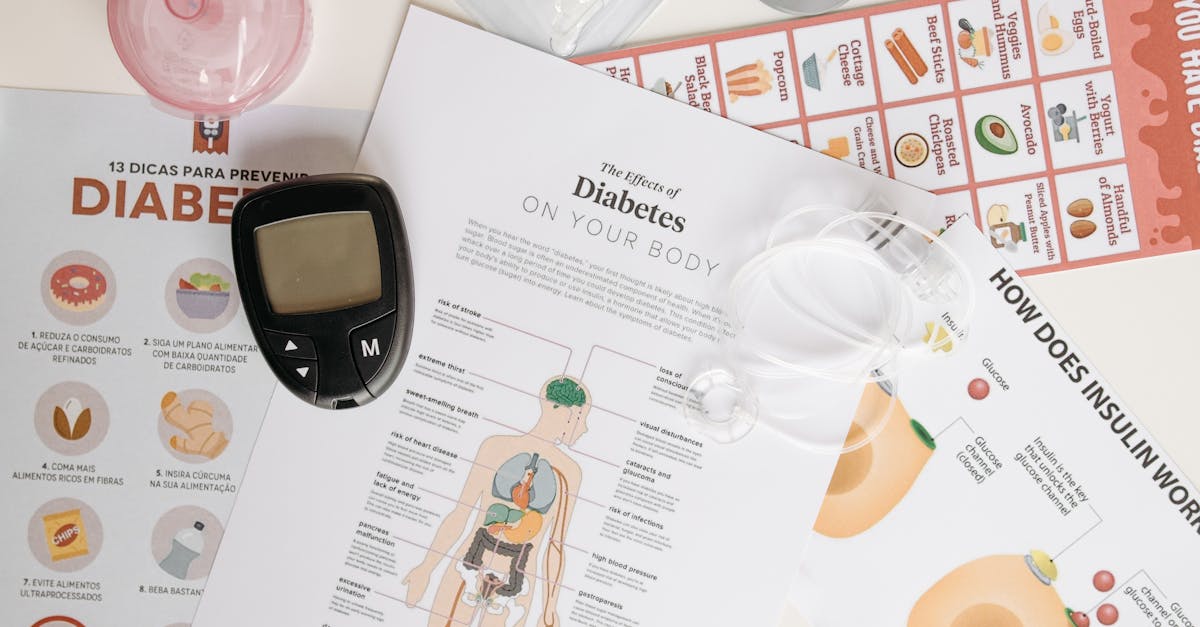Portable Oxygen Concentrator Benefits and Use
Introduction
In an age where long-lasting health and convenience intersect, a portable oxygen concentrator (POC) emerges as an essential device for those with respiratory challenges. These compact yet powerful machines ensure steady oxygen supply while not tethering users to a single location. Let's explore how POCs are revolutionizing respiratory assistance.
Advertisement
What is a Portable Oxygen Concentrator?
A portable oxygen concentrator is a medical device that draws in air, removes nitrogen, and delivers pure oxygen to the user. Unlike traditional oxygen tanks, these devices operate on battery power, allowing for increased mobility. POCs are designed to be lightweight and portable, making them ideal for active users who need continuous oxygen.
Advertisement
How Does a Portable Oxygen Concentrator Work?
POCs utilize a process called pressure swing adsorption, which extracts oxygen from ambient air. The device contains filters and zeolite towers that separate oxygen molecules, providing the user with a pulse or continuous oxygen flow. This ensures consistent oxygen delivery, essential for individuals with chronic respiratory conditions.
Advertisement
Benefits of Using a Portable Oxygen Concentrator
The primary advantage of a POC is its portability, allowing users to maintain an active lifestyle. POCs reduce dependency on stationary units and large tanks, optimizing freedom and independence. Furthermore, these devices offer a customizable oxygen flow to meet the user's specific medical needs, ensuring safety and efficacy.
Advertisement
Who Can Benefit from a Portable Oxygen Concentrator?
Individuals with chronic obstructive pulmonary disease (COPD), severe asthma, or other chronic lung conditions may require supplemental oxygen. POCs provide these individuals with the flexibility to engage in daily activities, travel, and socialize without worry. It's crucial for potential users to have a doctor's recommendation to ensure suitability.
Advertisement
Choosing the Right POC for You
Several factors should be considered when selecting a POC. Battery life, oxygen output, weight, and additional features like noise levels must align with the user's lifestyle and medical requirements. Consulting a healthcare provider can aid in selecting the appropriate model suitable for an individual's specific health needs.
Advertisement
Maintaining Your Portable Oxygen Concentrator
Regular maintenance and care are essential for ensuring the POC's long-term operation. Users should adhere to manufacturer instructions on filter cleaning and routine device checks. Proper storage, handling, and battery care further extend the life of the unit, maintaining its efficiency and reliability.
Advertisement
Traveling with a Portable Oxygen Concentrator
Thanks to recent advancements, POCs are TSA-approved and can be taken on flights without hassle. Users should check with their airline for specific requirements and recommendations. Preparing extra batteries and ensuring the device is fully charged before travel ensures a seamless journey.
Advertisement
Potential Limitations of a Portable Oxygen Concentrator
Despite their benefits, POCs might not be suitable for all users, particularly those with significant oxygen needs. Battery dependence may limit usage during extended outings, and high altitudes can sometimes affect performance. It's advisable to assess these factors before fully transitioning to a POC.
Advertisement
Conclusion
Portable oxygen concentrators have undeniably transformed the lives of individuals requiring oxygen therapy. With their compact design and versatility, POCs grant users the freedom to live life without boundaries. For those seeking an enhanced quality of life, consulting with a healthcare professional can pave the way to integrating this fantastic technology into daily living.
Advertisement


